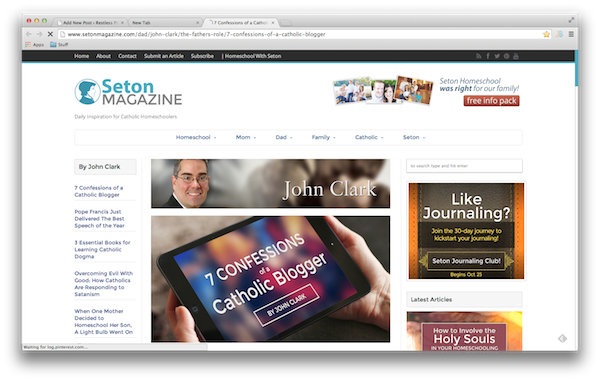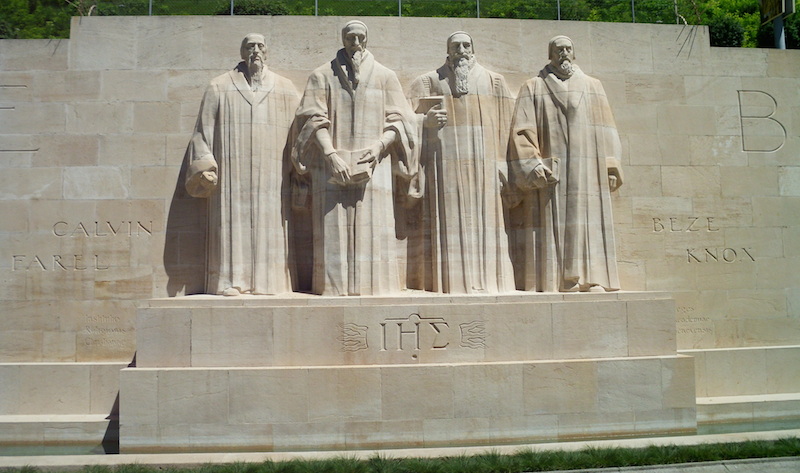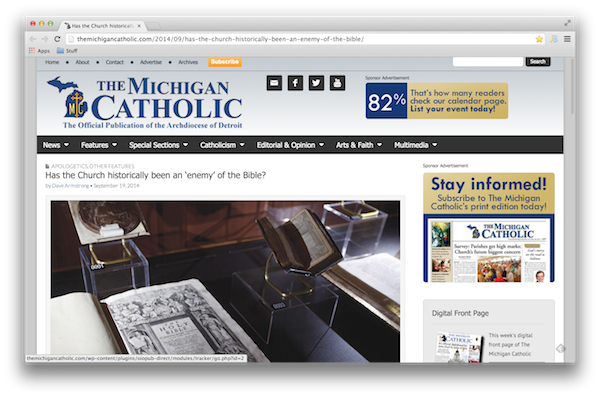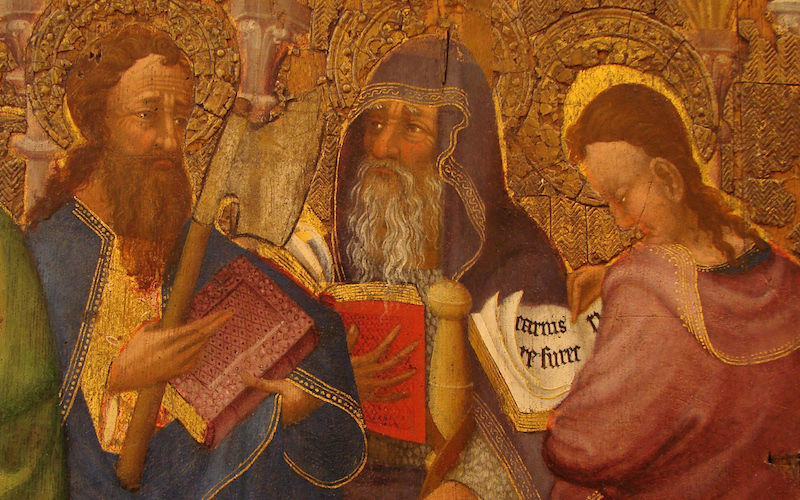Questions for 1, 2 & 3 John

Before I left San Diego, I went through all the Johannine epistles (1, 2, 3 John). Here are the questions we devised:
1 John
72. Who wrote this letter?
The Early Church identified it as John the Apostle, son of Zebedee. This would explain the preservation of the letter as well as the numerous parallels with John’s Gospel and the Book of Revelation. In recent years some have suggested that it is a disciple known as “John the elder”, a character from the Early Church about whom we know relatively little.
73. When was this letter written?
It was probably written after the publication of John’s Gospel, sometime in the 90s.
74. To whom was it written?
Probably to the Christians around Ephesus where John is said to have settled.
75. Why was this letter written?
Primarily to respond to a heretical, schismatic group. These could have possibly been Docetists, Gnostics, Cerinthians or possibly even converts from Judaism. The issue seemed to surround the nature and identity of Christ. John spends most of the letter talking about the authentic fellowship with God.
76. What are some of the words which John uses a lot in his writings?
Life, death, light, dark, beginning, abide, …
2 John
77. To whom is this letter addressed?
It is addressed to “the elect lady and her children”. Although this could have possibly been an actual person, it is more likely that John is speaking of a neighbouring Church is sisterly, feminine terms.
78. What is the main content of this letter?
John is writing to a sister church. He encourages them and warns them of the antichrist
79. Who is the antichrist?
According to John, anyone who “will not acknowledge the coming of Jesus Christ in the flesh”.
3 John
80. To whom is this letter addressed?
It is addressed to “the beloved Gaius”. He is most likely in the leadership of the one of the local congregations.
81. What is the main content of the letter?
A man named “Diotrephes” is exalting himself, refusing to accept John’s authority, refusing welcome to those John sends and excommunicating anyone who does so.
1-16 | 17-27 | 27-42 | 43-52 | 53-57 | 58-67 | 68-71 | 72-81
 Happy Pentecost! How about a short reflection from Raniero Cantalamessa, one of my all-time favourite people, who also happens to be the
Happy Pentecost! How about a short reflection from Raniero Cantalamessa, one of my all-time favourite people, who also happens to be the 






